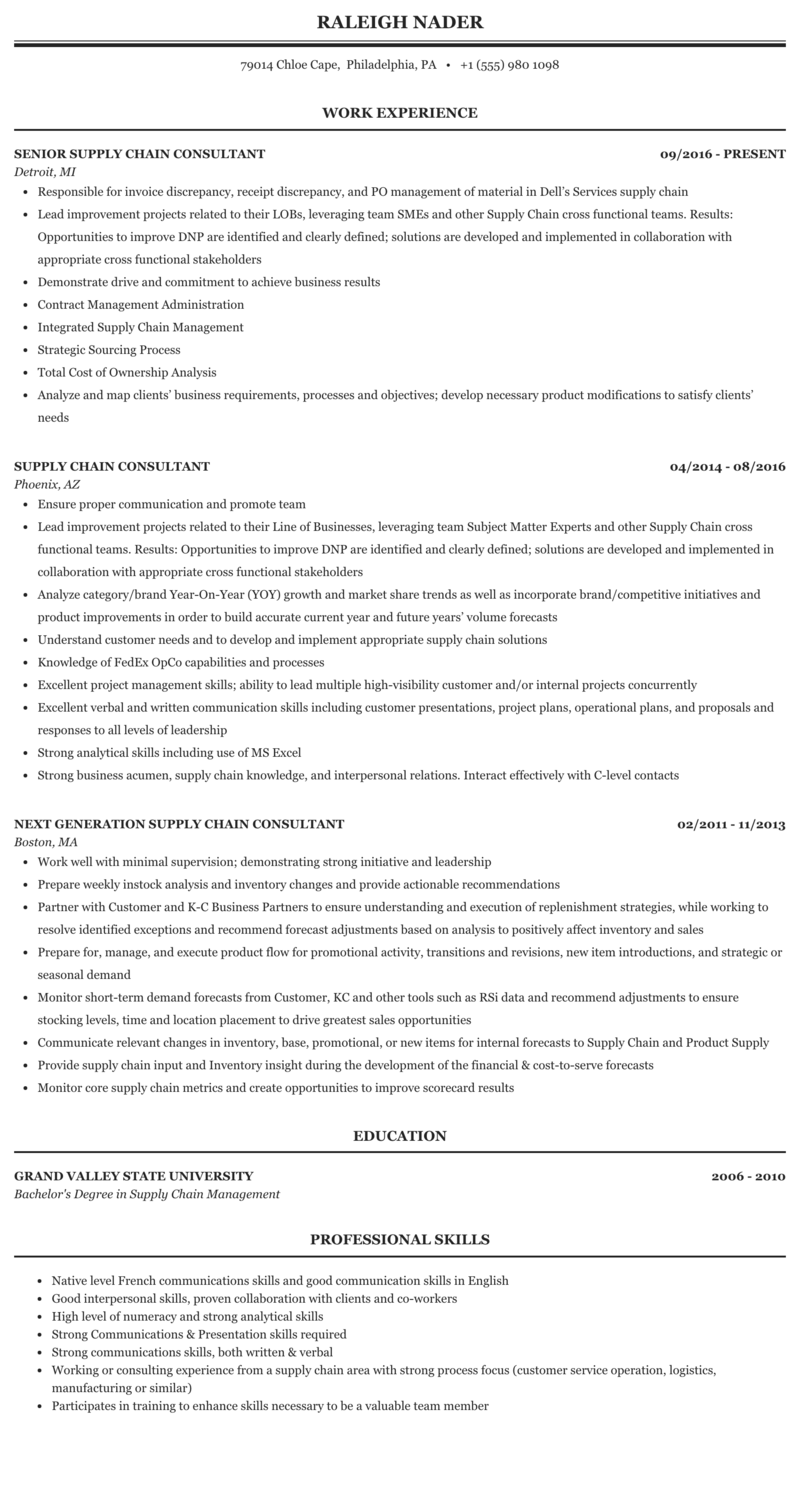
Quality performance is the process of delivering products or services that meet customer expectations. It includes planning, designing and producing the perfect product or service at the appropriate time, in a timely manner, and for the correct price.
It requires a lot of work and effort, but when it is done right, the results are satisfying. It can also help companies save money and allow them to remain in business.
Although the concept of quality can be difficult to define, it is a basic principle that companies should create products and services with high quality. This can be accomplished by using a variety different techniques and methods such as providing customer service, improving employee efficiency, and designing new features to make the product or services more appealing.
Performance is key to success in the marketplace. A higher level of performance can mean better profits, more customers and more market share.

But, not every product has to perform at its best. The performance of a company can be affected by a number of factors such as budget, competition, and employee motivation.
In this article we will look at the basics of what quality is, how to maintain quality and how to approach training in a performance consulting setting.
What is Performance Consulting?
Performance consulting can be described as a professional approach to improving the performance of an organization by offering an outside perspective. This is an alternative to management-by-objective and seeks to promote teamwork and personal accountability.
It can be an effective way to solve problems that might be affecting employees' productivity, such as conflict, egos, and misunderstandings.
There are many different ways to measure quality and each method has its own set of goals. Some methods are more specific than other, but they all seek to find the root of the problem, determine a fix, and evaluate the effectiveness.

Some of these methods are based on Deming cycles, which are step-by-step processes that help improve performance and keep the company focused on its goals.
The first step is to establish a business goal for the organization or program. You need to establish what you are trying to accomplish and make sure that everyone in the organization has a shared understanding of what it means to achieve that goal.
Start by identifying the key components of your goal, then break them down into sub-goals or action steps. This will help you decide how to proceed and make sure that the project is a success.
You can then concentrate your efforts to improve those areas. Any of the strategies can be used to achieve your goals. However, there are key principles you should follow in order to ensure success. These principles are:
FAQ
What are the advantages of being a consultant?
Consultants can often choose the hours and topics they work on.
This allows you to work wherever and whenever you want.
It also means you can easily change your mind without worrying about losing money.
Finally, you can control your income and set your own schedule.
What skills will I need to be a consultant?
Strong interpersonal and analytical skills are essential for consultants. This is important because you are working on projects where you may not know exactly what you are doing. You must learn how to manage people and solve problems quickly.
A strong communication skill is also necessary. Most clients expect an answer within 24 hours. If they don’t hear from you within 24 hours, they assume you don’t care. It is crucial that you keep them up to date and make sure they know what's happening.
What is the difference?
A consultant is an advisor who gives information on a particular topic. A consultant provides solutions to problems.
To help clients achieve their goals, a consultant works directly with them. A consultant provides advice to clients through books and magazines, lectures, seminars, and other means.
Statistics
- WHY choose me: Why your ideal client should choose you (ex: 10 years of experience and 6-week program has helped over 20 clients boost their sales by an average of 33% in 6 months). (consultingsuccess.com)
- Over 50% of consultants get their first consulting client through a referral from their network. (consultingsuccess.com)
- My 10 years of experience and 6-step program have helped over 20 clients boost their sales by an average of 33% in 6 months. (consultingsuccess.com)
- According to statistics from the ONS, the UK has around 300,000 consultants, of which around 63,000 professionals work as management consultants. (consultancy.uk)
- 67% of consultants start their consulting businesses after quitting their jobs, while 33% start while they're still at their jobs. (consultingsuccess.com)
External Links
How To
What does a typical consultant's day look like?
Each type of work will dictate the day's pace. You will be spending time researching, planning new ideas, meeting with clients, and creating reports.
Meetings are a common way to discuss problems and issues with clients. These meetings can be conducted over the phone, by email, face-to-face, or online.
It is possible that you will be asked to write proposals. These documents outline your ideas and plans, and are required by clients. These proposals should be discussed with a mentor or colleague before being presented to clients.
After all the preparation, you'll need to start creating content. This could include writing articles, designing websites or editing photos.
Based on the scope and complexity of the project you may need research to obtain relevant statistics. For instance, you might want to find out how many people you have and if they are buying more than just one product or service.
Once you have collected enough information, it's now time to present the findings to your clients. You can either present your findings in writing or orally.
Finally, you must follow up with clients after the initial consultation. For example, you could call your clients periodically to check how things are going. Or send them emails asking them to confirm they have received the proposal.
Although this process can take time, it is important to stay focused and build good relationships with your clients.